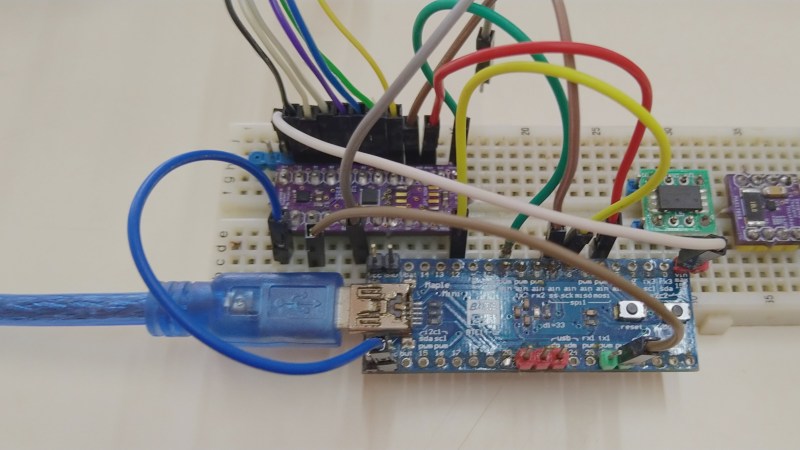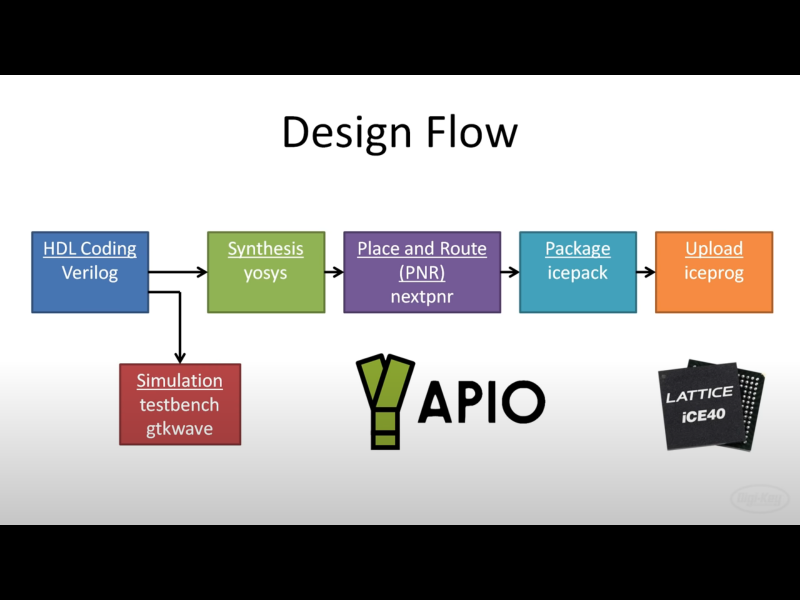Ultrasound imaging has been around for decades, but Open Source ultrasound has not. While there are a ton of projects out there attempting to create open ultrasound devices, most of this is concentrated on the image-processing side of things, and not the exceptionally difficult problem of pinging a sensor at millions of times a second, listening for the echo, and running that through a very high speed ADC.
For his entry into the Hackaday Prize, [kelu124] is doing just that. He’s building an ultrasound board that’s built around Open Hardware, a fancy Open Source FPGA, and a lot of very …read more
Continue reading An Ultrasound Driver With Open Source FPGAs→

